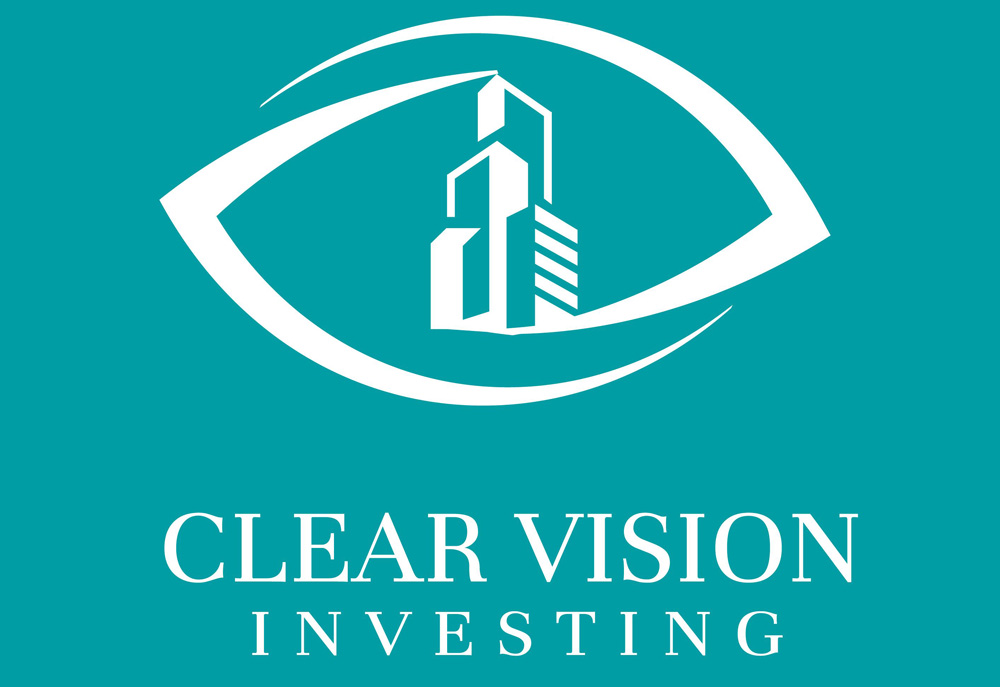Investing in real estate is a great way to build passive income and create long term wealth. But all of us have limited time, knowledge, and resources. Passively investing in real estate is a great way for doctors to invest without taking away more time from their already busy schedules.
Below are three reasons why passive real estate investing is an ideal investment vehicle for physicians:
-
Minimal Time Required
As physicians, our time is so limited. We’re often busy at our jobs during the day, and just want to come home, relax and enjoy time with our families. Many of us do not want to spend our spare time researching markets, looking for properties, putting in multiple offers, managing renovations, or dealing with tenants. Passively investing in real estate allows you to get the benefits of being a direct real estate owner, without the burdens of having to actively manage the property.
Having both actively and passively invested in real estate, I will say that I prefer the passive route because it frees up my time and fulfills the goal of keeping the investment 100% passive. With my active investments, even with a property manager, I still get phone calls about heaters not working, tenants not paying, and decisions about what deferred maintenance to prioritize. On the other hand, as a passive investor, all I have to do is make sure the money gets deposited into my ACH account.
Isn’t that why most of us want to invest in real estate in the first place? To generate passive income and have more control of our time? There’s nothing more valuable than time. You can’t get time back, so I’d rather put my money to work as a passive investor than having to spend my time actively managing properties (i.e. buying myself another job).
-
Leverage Expertise of Real Estate Professionals
As a passive investor, you get to leverage the expertise of world-class real estate teams. Most physicians neither have the time nor the expertise to delve into commercial real estate themselves. Just like we spend years learning medicine, staying up-to-date through conferences and CME, and gaining experience through direct patient care, the same is true for experienced real estate professionals. They spend countless hours studying markets, staying current with real estate news and trends, and have the experience acquiring and managing properties. You can leverage the sponsor’s time and expertise without having to get your hands dirty.
-
Limit Liability
When I told some of physician friends that I was passively investing in multifamily syndications, they asked questions like:
“What if someone sues because they got hurt on the property?”
“What if the company you invested with defaults on the loan? Are you on the hook?”
I could see where these questions were coming from, as the threat of liability is very real to us as physicians. The potential for malpractice lawsuits is always looming in the back of our minds.
But one of the greatest benefits of being a passive investor is that you have limited liability, which means that your liability is limited to at the amount of your investment. The most you can lose is what you invested. For example, if you invested $50,000, the worst case scenario is that you lose that $50,000 and nothing more. You won’t be on the hook for the entire value of the property, and none of your other assets are at risk.

